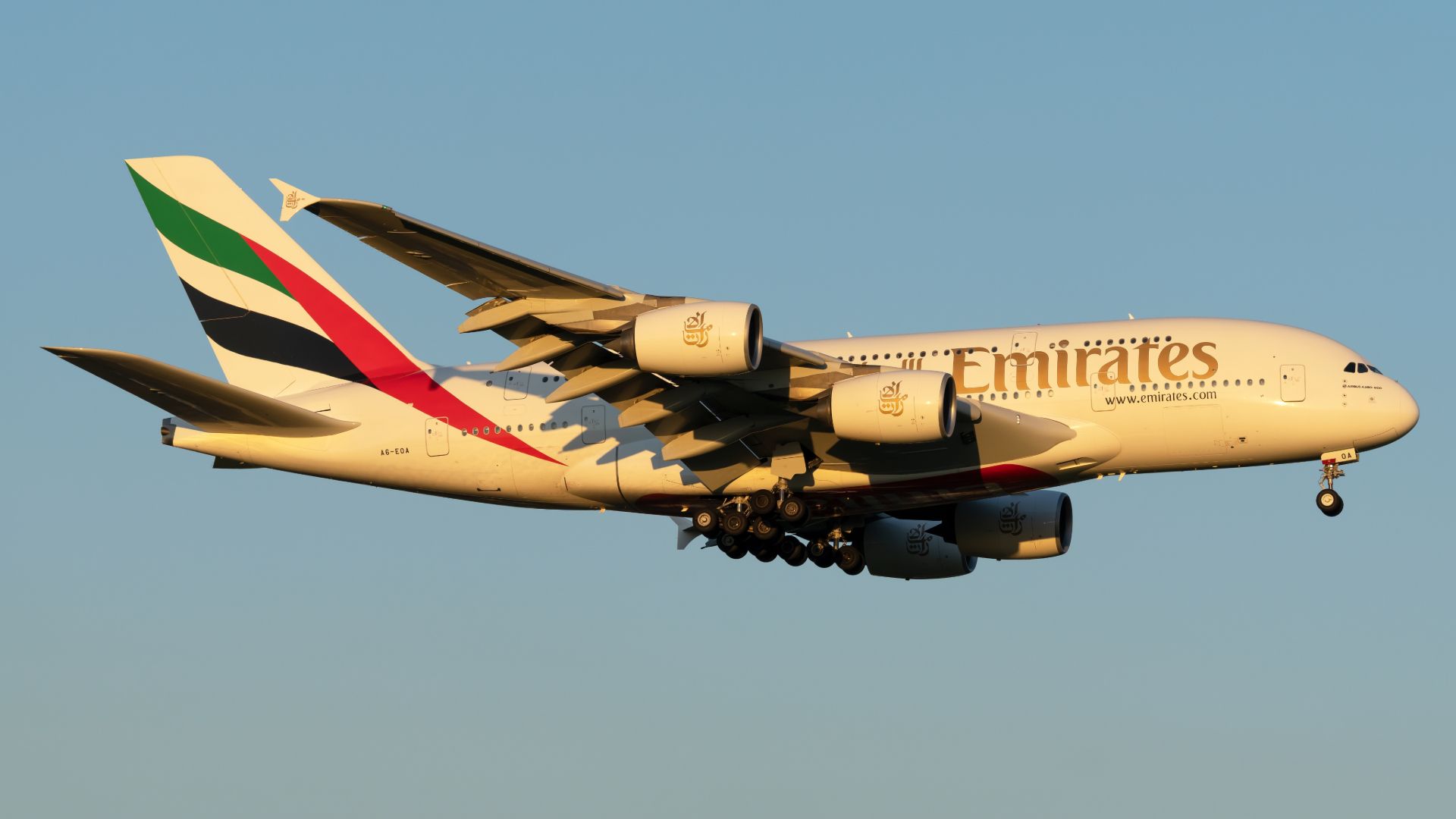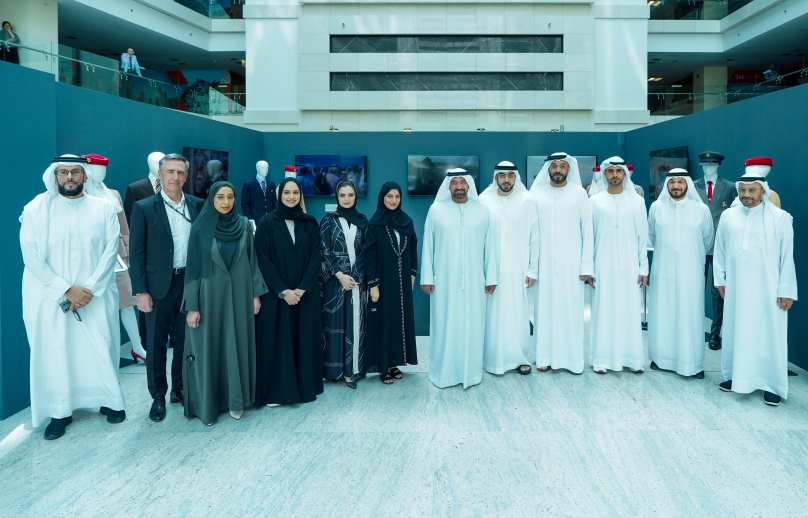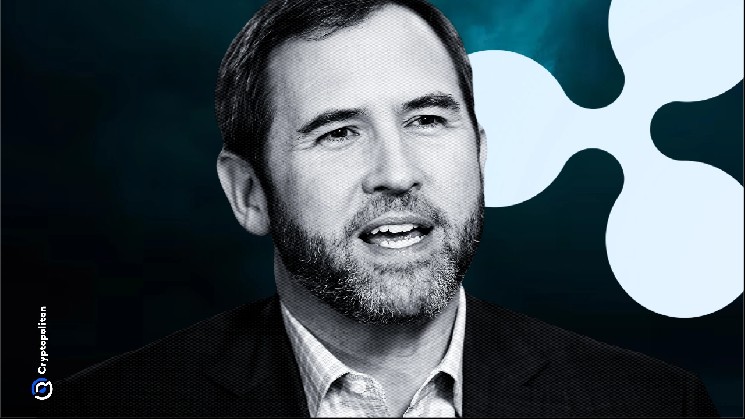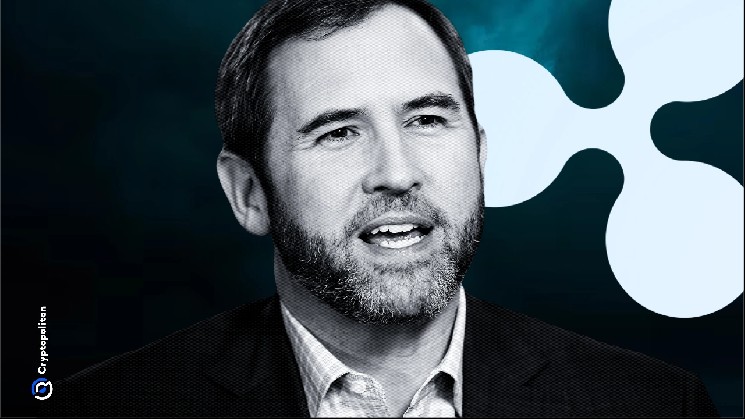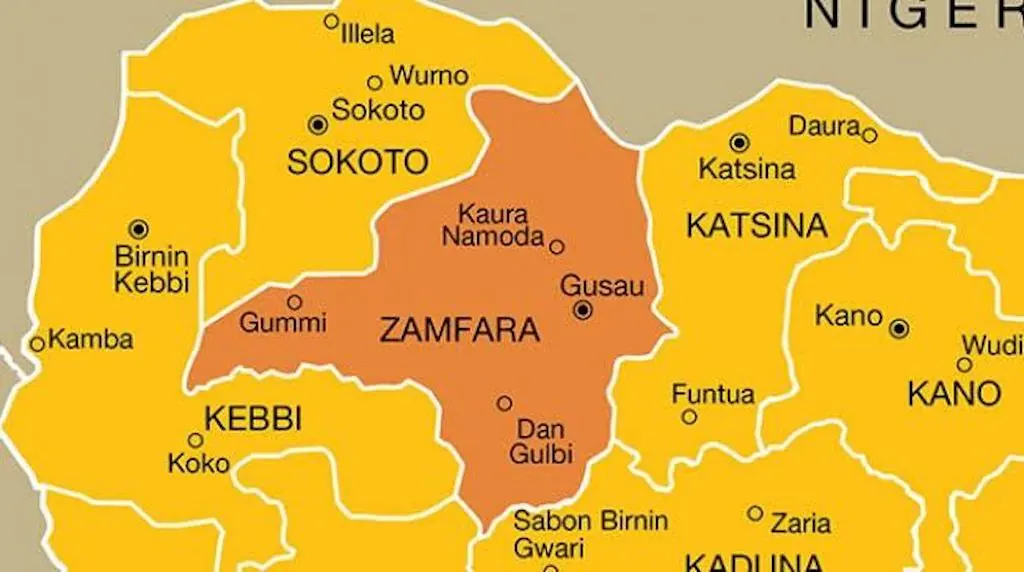The UAE national carrier Emirates has pushed back against concerns over weakening US-bound travel, stating that demand on its American routes remains strong. The airline’s Chairman and CEO, HH Sheikh Ahmed bin Saeed Al Maktoum, said that the Dubai-based airline has not seen any drop in bookings for travel to or from the US, the Financial Times reported.
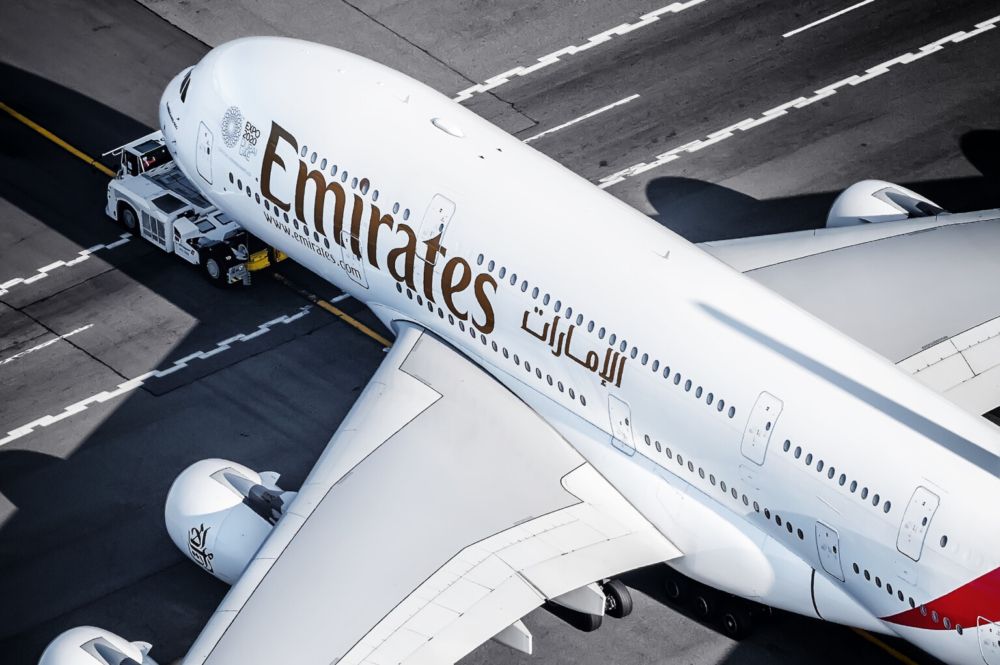
The statement comes as other international carriers report declines in US travel linked to rising tariffs and immigration policies under the new US administration. The airline’s strong performance on US routes contributed to record annual profits.
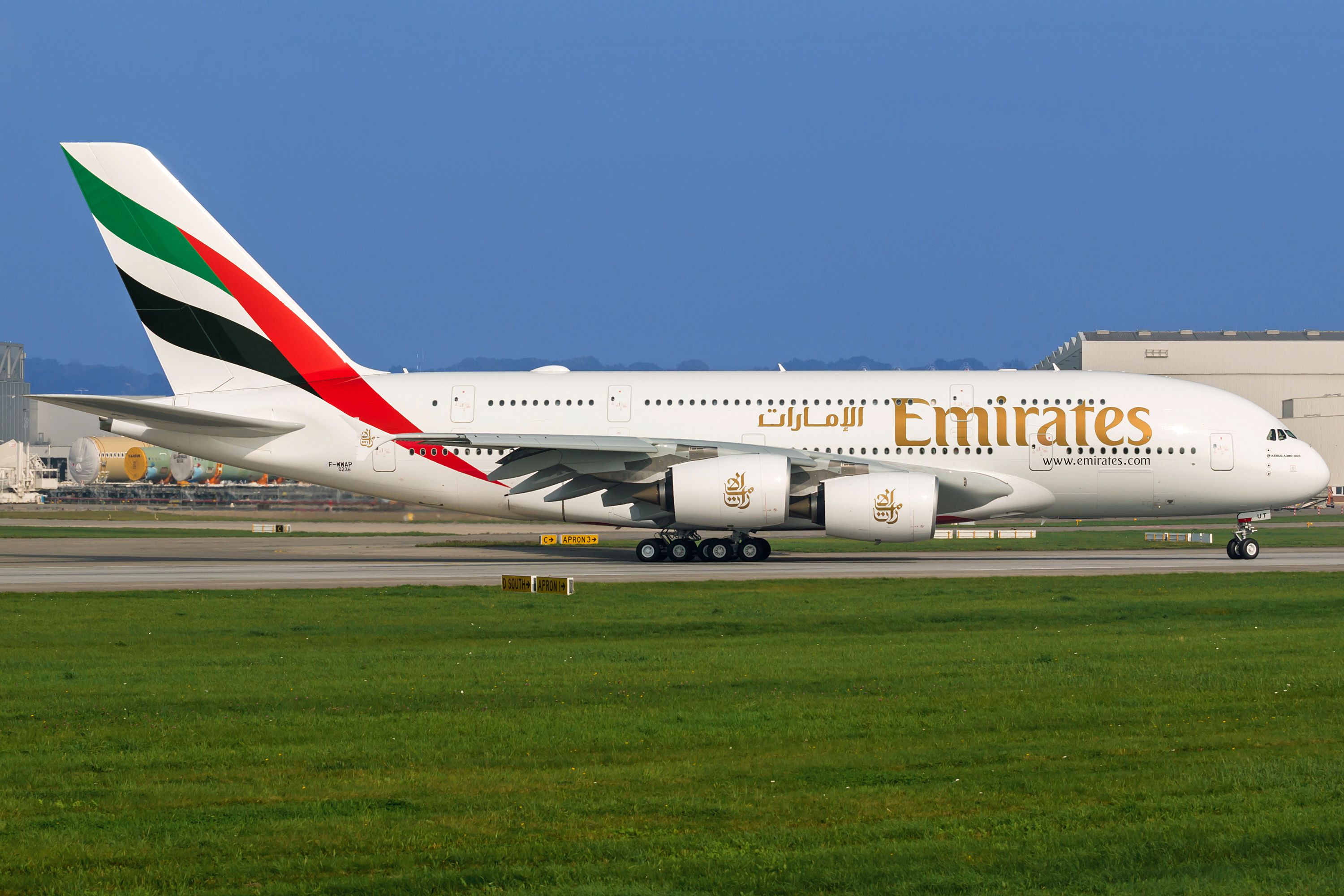
Amid ongoing trade tensions and policy uncertainty under the current US administration, several major international airlines have reported a decline in demand for transatlantic travel. European carriers, including Air France-KLM and ![]() Lufthansa , have noted a drop in bookings for US-bound flights, attributing the trend to tightening immigration controls and concerns around tariffs. These developments have raised questions about the resilience of global air travel demand to the United States.
Lufthansa , have noted a drop in bookings for US-bound flights, attributing the trend to tightening immigration controls and concerns around tariffs. These developments have raised questions about the resilience of global air travel demand to the United States.
In contrast, the Dubai-based carrier has reported no such decline. Speaking to the Financial Times, Emirates Chairman and Chief Executive Sheikh Ahmed stated that demand for flying “remains strong across the network and across customer segments.” He added that the airline’s US market was also “doing well,” and that Emirates had not seen any drop in bookings for travel to and from the US.
He further emphasized the airline’s ability to respond to any external pressures, stating that the airline was “used to volatility and have the ability to pivot and redirect our capacity as required.” The US remains one of the Emirates’ most important international markets, with the airline operating daily flights to key US destinations, including New York, Los Angeles, Seattle, Washington DC, Chicago, and Miami.
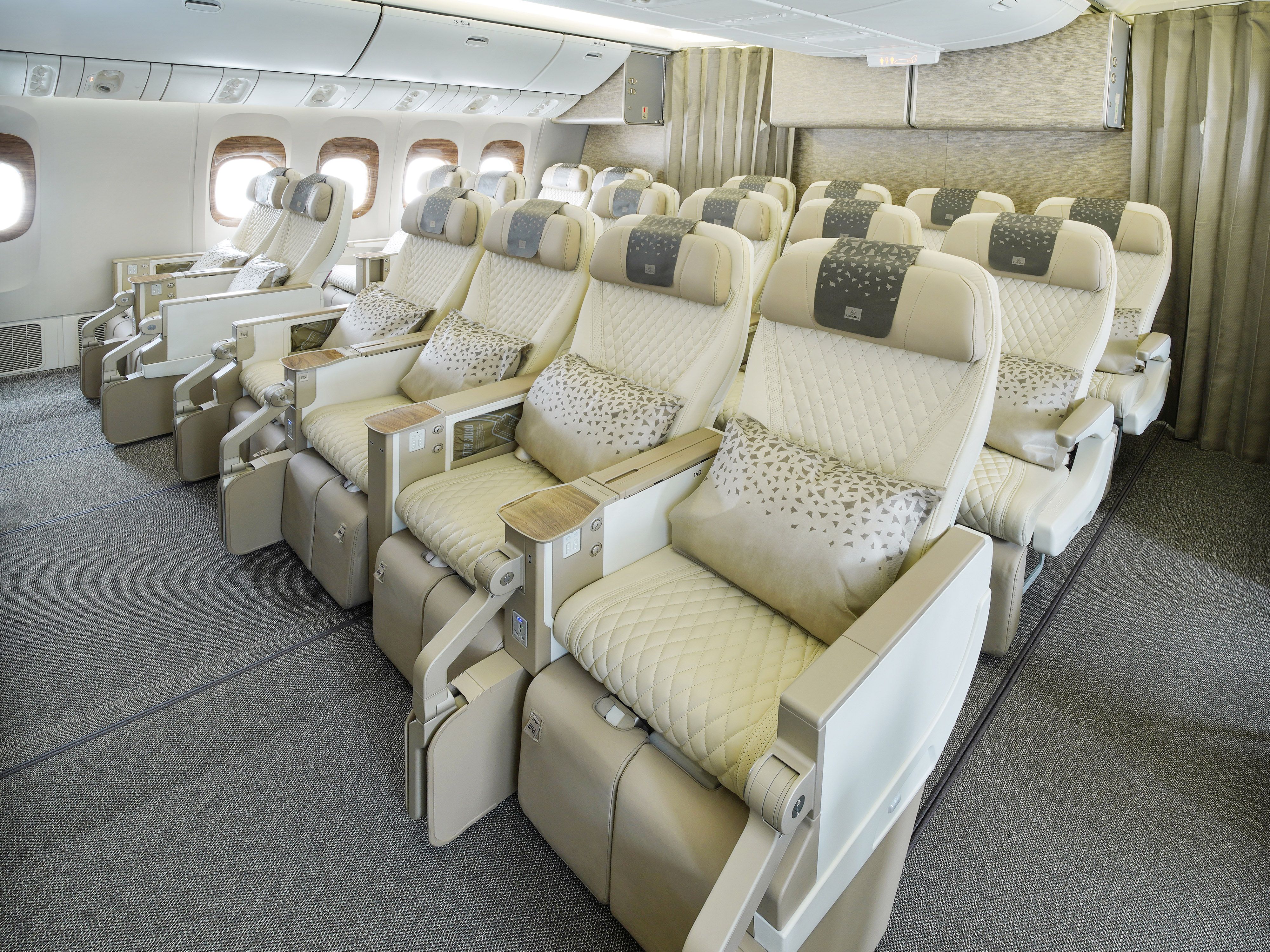
On May 8, Emirates reported record financial results for the year ending March 2025, with pre-tax profits reaching $5.8 billion (AED 21.2 billion), a 20% increase compared to the previous year. The airline’s total revenue rose 6% to $34.9 billion (AED 127.9 billion), driven in part by strong demand for premium travel and consistent performance across long-haul markets.
Much of the revenue growth came from first and business-class cabins, where demand has remained consistently high, according to the Financial Times. In addition, Sheikh Ahmed noted that “premium cabins contribute significantly to Emirates’ profitability.” Emirates has invested heavily in its fleet refurbishment. The airline is currently upgrading its Airbus A380 and Boeing 777 interiors and has introduced premium economy class.
Since launching its cabin refurbishment program in November 2022, Emirates has retrofitted 51 A380s and 777s, with the upgraded aircraft now serving 38 destinations. According to the airline, nearly 40% of its fleet will feature the new interiors by the end of 2025. Emirates expects to offer more than two million Premium Economy seats annually by that point, across flights to over 70 cities. This figure is projected to double to four million seats per year by the end of 2026.
| Aircraft Type | Fleet |
|---|---|
| Airbus A380-800 | 116 |
| Boeing 777-200LR | 10 |
| Boeing 777-300ER | 120 |
| Airbus A350-900 | 4 |
| Boeing 777-200LRF | 10 |
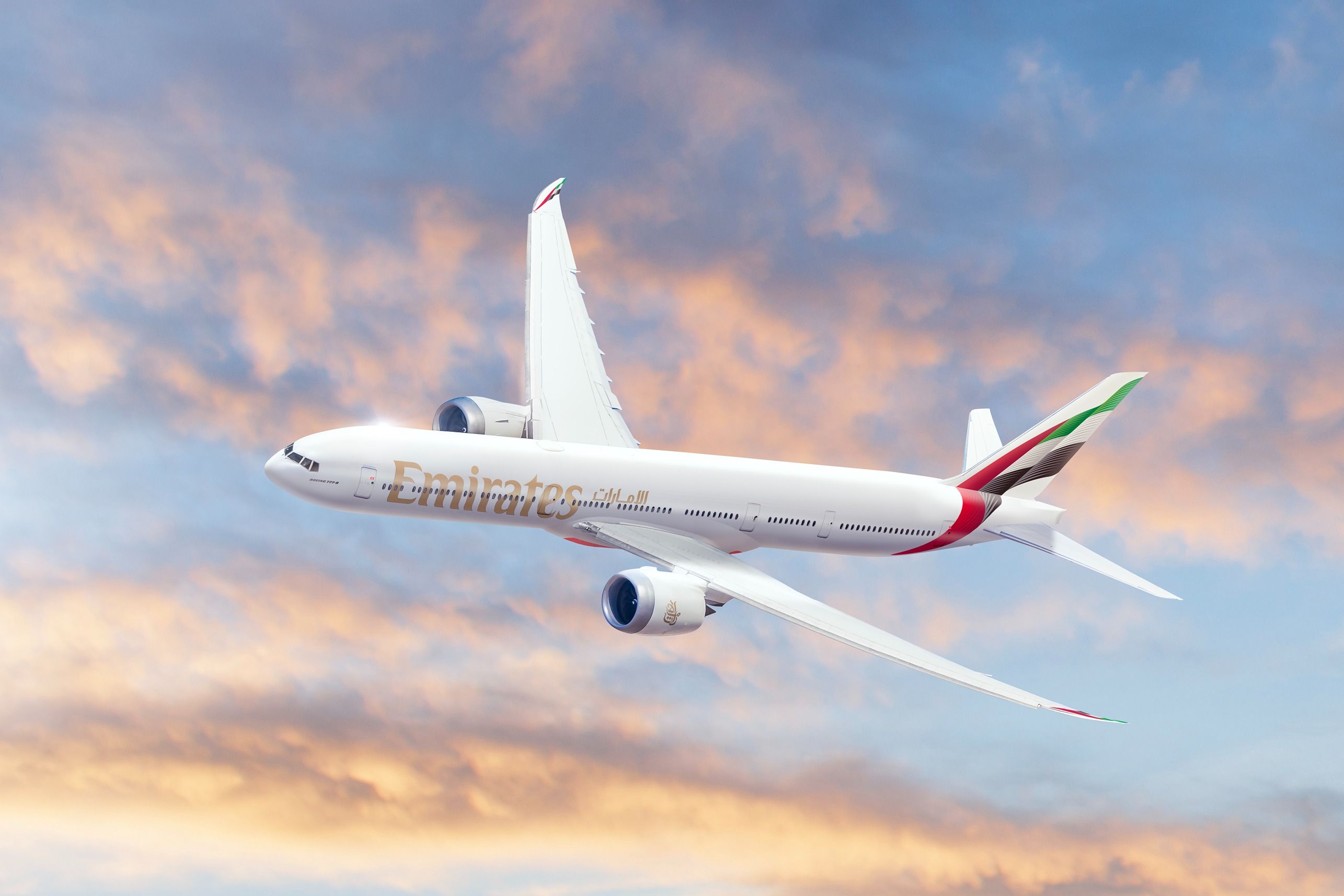
Related
Emirates Anticipates 1st Boeing 777X Delivery By The End Of 2026
Emirates is currently awaiting 205 Boeing 777X deliveries and is the world’s largest customer of the type.
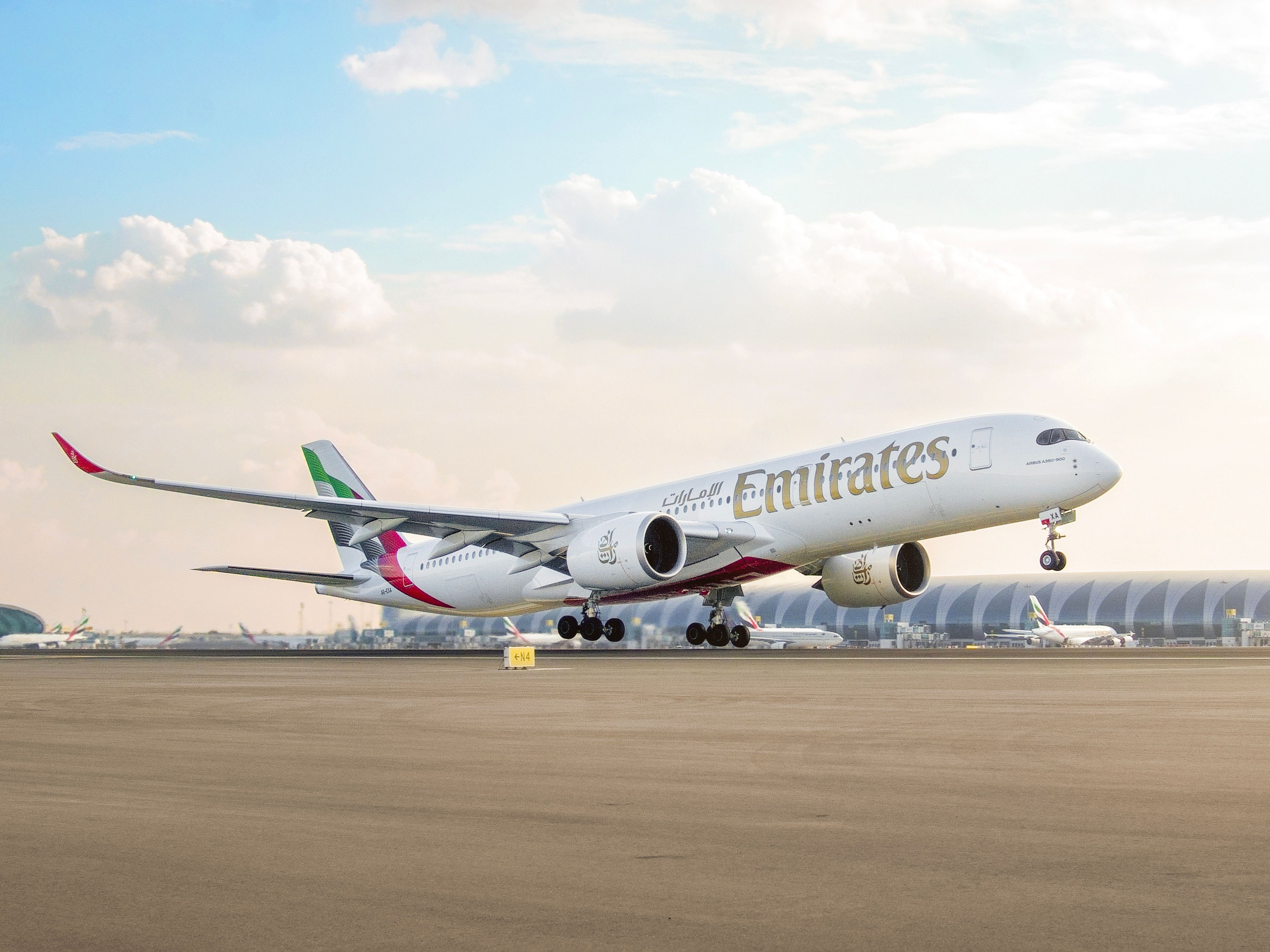
Furthermore, the UAE flag carrier is preparing to debut its new Airbus A350-900ULR aircraft later this year. Starting December 1, Adelaide will become the first destination in the airline’s global network to receive the new aircraft, operating under flight numbers EK440 and EK441. The Airbus A350-900ULR has a range that exceeds 14,000 kilometers and a flight endurance of over 15 hours.
As of March 2025, Emirates has taken delivery of four A350s and holds orders for an additional 61. The carrier expects to receive five A350s by the end of the year. Each aircraft will feature a three-class configuration, including 32 lie-flat Business Class seats in a 1-2-1 layout, 28 Premium Economy seats, and 238 Economy Class seats with generous pitch.

